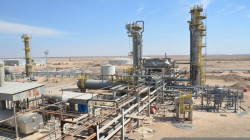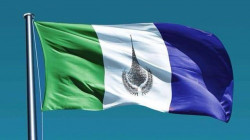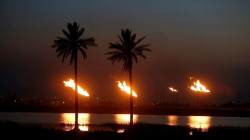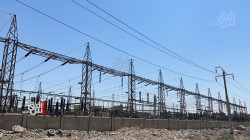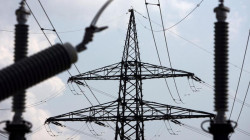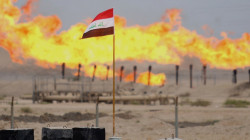Rebuilding Basra’s maritime power: Is Al-Faw Port the game changer for Iraq?
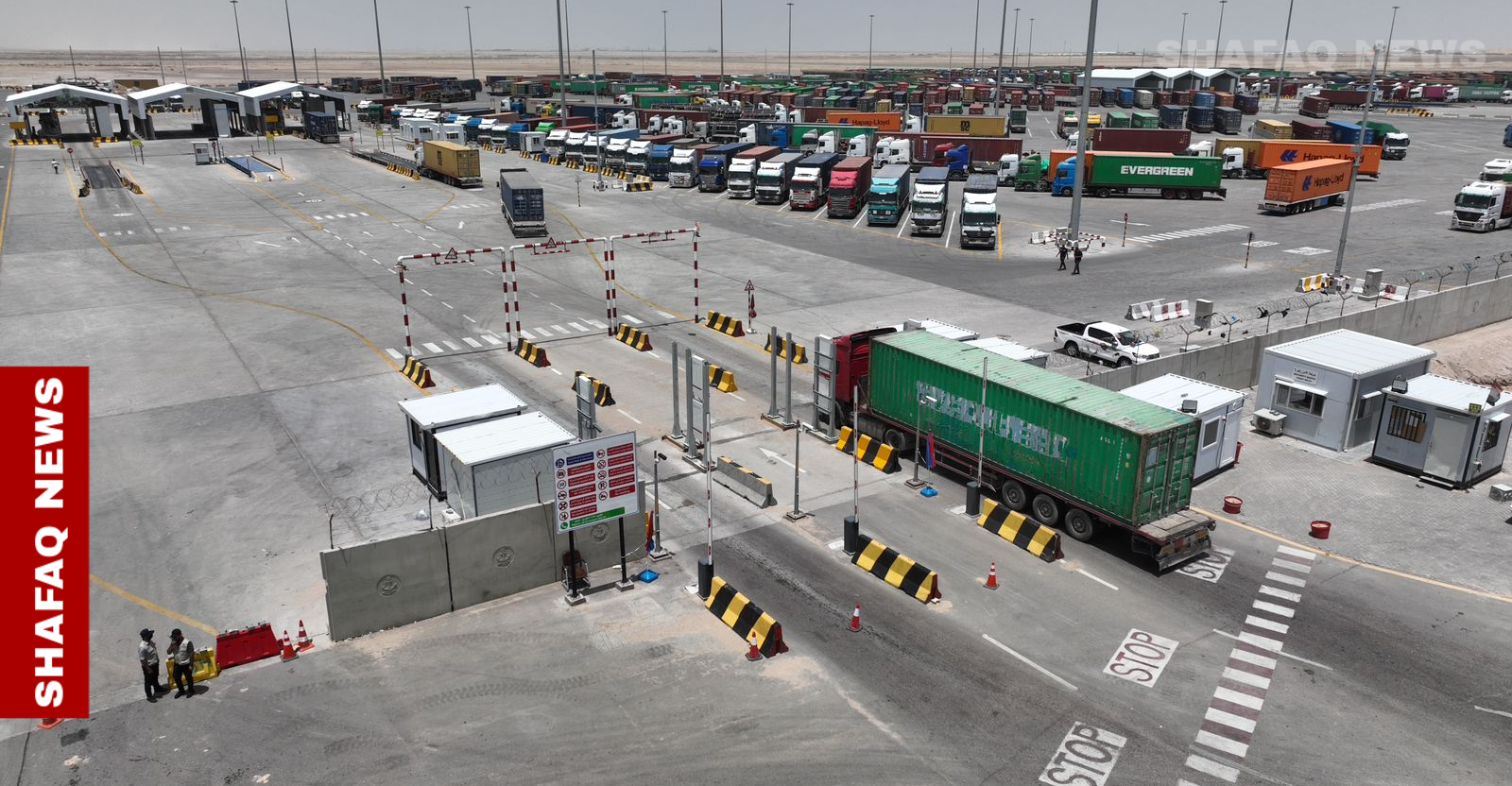
Shafaq News/ As Iraq’s only maritime gateway, Basra connects the country to global trade through its southern ports—Umm Qasr, Al-Maqal, Khor Al-Zubair, and Abu Flous. Yet, years of laxity have left the ports' infrastructure outdated, limiting their potential. With the Al-Faw Port project promising a new era, can Iraq finally overcome stagnation and emerge as a key player in global shipping?
Security Within Global Standards
The safety of Iraq’s ports and maritime navigation is managed by the Ministries of Defense and Interior, which oversee both port security and the protection of ships.
"The measures taken at the ports meet global standards," Aqeel Al-Fraiji, head of the Basra Provincial Council’s Security Committee, told our agency. “This includes safety and firefighting equipment, surveillance cameras, and all other aspects of port protection.”
Al-Fraiji also highlighted the specialized department within the Ministry of Interior—the Port Police—and the role of the Naval Forces Command within the Ministry of Defense. "Both forces are well-prepared, trained, and equipped," he added.
Decades of Neglect
Iraq's vital ports in Basra, which serve as the country’s primary economic artery, have remained largely unchanged for decades. Despite their crucial role in supplying goods across all provinces, transportation expert Basel Al-Khafaji asserted to Shafaq News that these ports "have not seen any developments since the last century."
The failure to modernize key facilities such as Umm Qasr and Khor Al-Zubair is due to a mix of mismanagement and political interference, according to Al-Khafaji. “The primary issue is administrative and financial corruption, along with political party control over the ports,” he explained. “There has been no intention to upgrade these facilities.”
Umm Qasr Port, one of the most important hubs, remains a critical asset due to its maritime routes and well-equipped quays, yet its capacity is limited by outdated infrastructure. "Iraqi ports have remained the same for the past 40 years, without deepening the docking areas to accommodate larger and medium-sized vessels," Al-Khafaji noted. As a result, ships arriving at the ports can only carry cargo up to 25,000 tons. To address this, he suggested the draft should be deepened from 10 meters to 20 or 25 meters, allowing giant vessels to dock and increasing the volume of goods that can be imported.
The expert also highlighted the shortcomings of the older Al-Maqal Port, where the draft is only 6 or 7 meters. "This means that large or even medium-sized vessels cannot enter, only smaller ones."
Al-Faw Port Is The Solution
The Al-Faw Port project is set to reshape Iraq’s economic future, with the first phase scheduled for inauguration in 2025. Maitham Al-Safi, spokesperson for the Ministry of Transport, emphasized that this milestone is crucial for addressing the challenges of Basra’s ports.
In an interview with Shafaq News Agency, Al-Safi outlined the project's steady progress. "Work is proceeding as scheduled, and the port will eventually integrate with the current railway system. Full operation is expected by 2030, in line with the Development Road Project," he said, confirming that the project is meeting international standards.
Spanning 54 km, Al-Faw Port will feature Iraq’s largest industrial city, making it the heart of the Road Project. "This port will be the first station to link the East with the West," Al-Safi explained. "At just 1,200 km from Europe, it will be the closest global port, offering new opportunities to diversify Iraq's economy and reduce its reliance on oil revenues for financing the general budget."
Addressing concerns about ship draft depths, raised by transportation expert Al-Khafaji, Al-Safi reassured, "The dredging operations at Al-Faw Port will reach a depth of 19.8 meters, the highest draft level possible. We are fully committed to adhering to the highest dredging standards."
5 in 1: The Latest On Al-Faw Port’s Progress
The progress of the Al-Faw Port development is marked by several key milestones, with the first phase considered the most crucial. As Al-Safi explained, "This phase is foundational, focusing on the infrastructure through the port's five key projects."
Work on the five-dock project has been “successfully” completed. The spokesperson shared, "We are now finalizing the 62 km connecting road, which is 97% complete. This road will significantly reduce time, effort, and pollution." The second project, which involves the construction of two overpasses, is also nearing completion, with over 98% of the work done, and efforts are in place for its inauguration as soon as possible.
Moving on to the third project, Al-Safi described the submerged tunnel as being in its final stages, with concrete block installation underway. "This project is particularly complex and is the first of its kind in the Middle East," he noted. The fourth project, focused on the container yard, has reached over 86% completion.
The fifth and final project, dredging the navigation channel, is on track. Al-Safi reassured, "The ministry is committed to the established timelines for its completion."
Operations at all ports and maritime navigation are reportedly progressing without any reported issues.
The General Company for Ports of Iraq (GCPI) announced on December 30, 2024, that its annual revenue surpassed one trillion Iraqi dinars (760 million USD). Container handling reached 1.8 million, and over 3,000 ships docked at the port.
